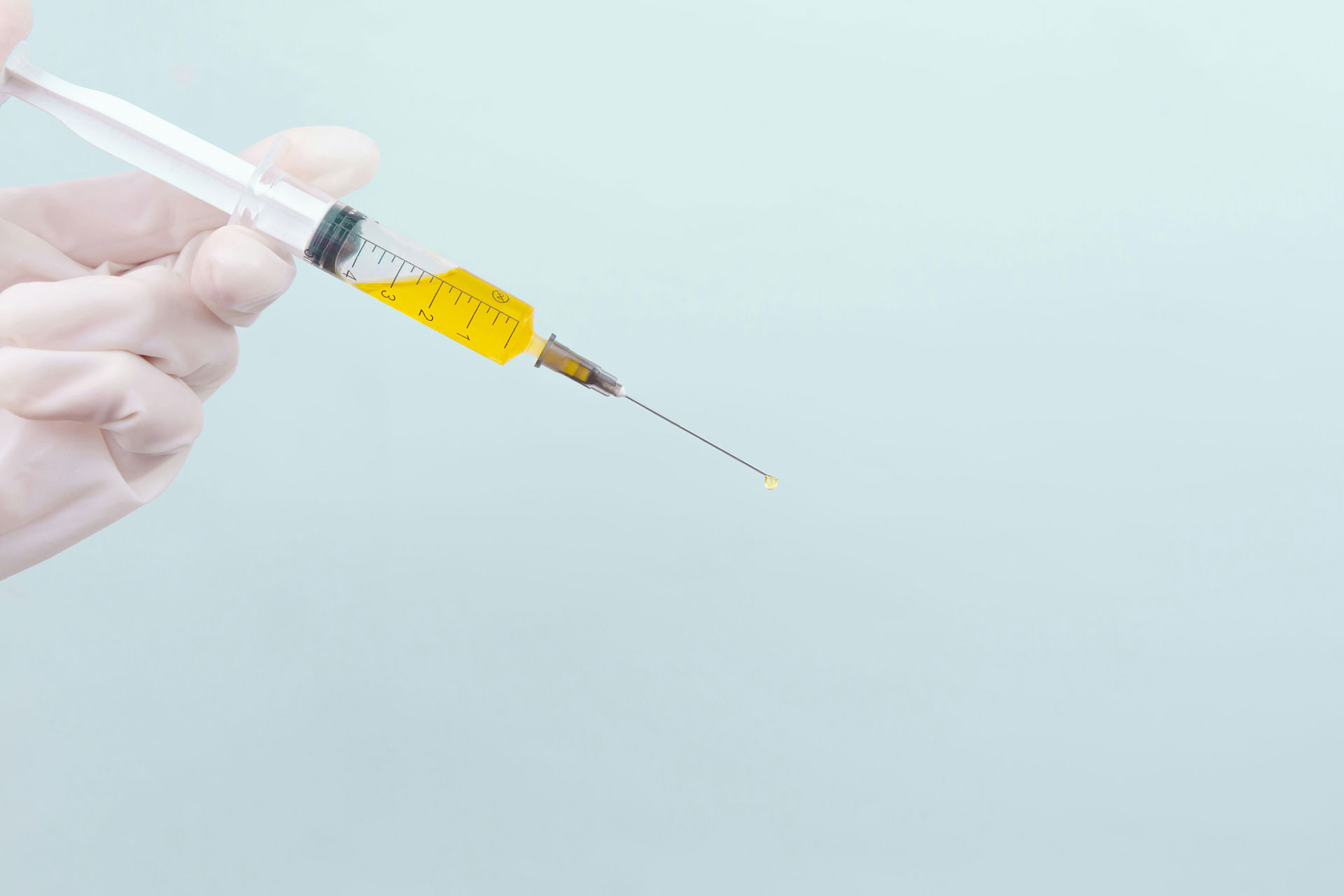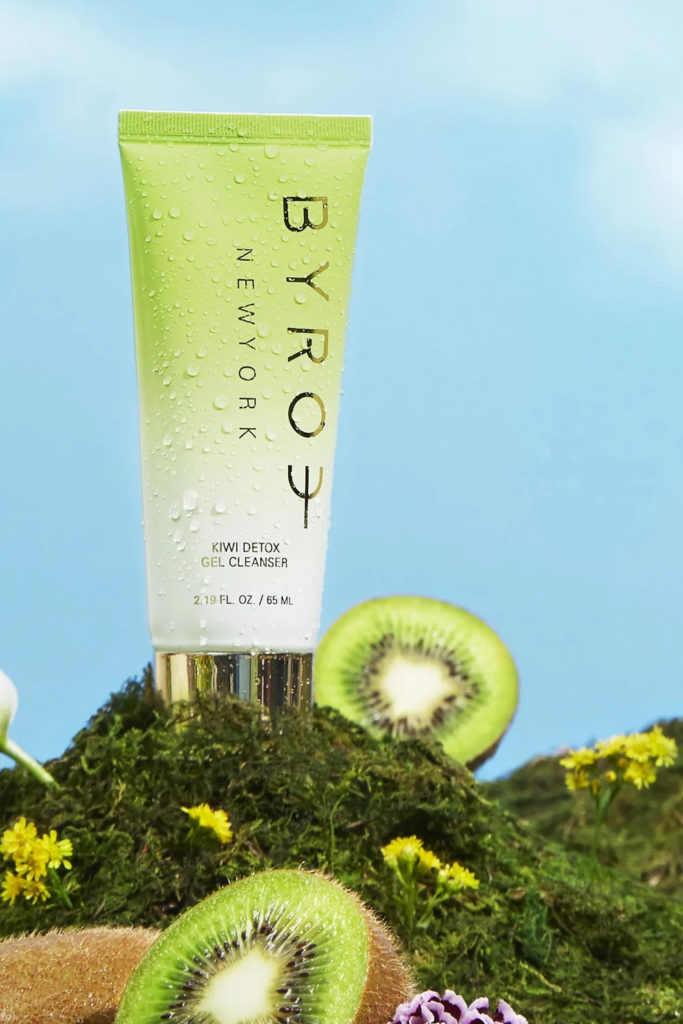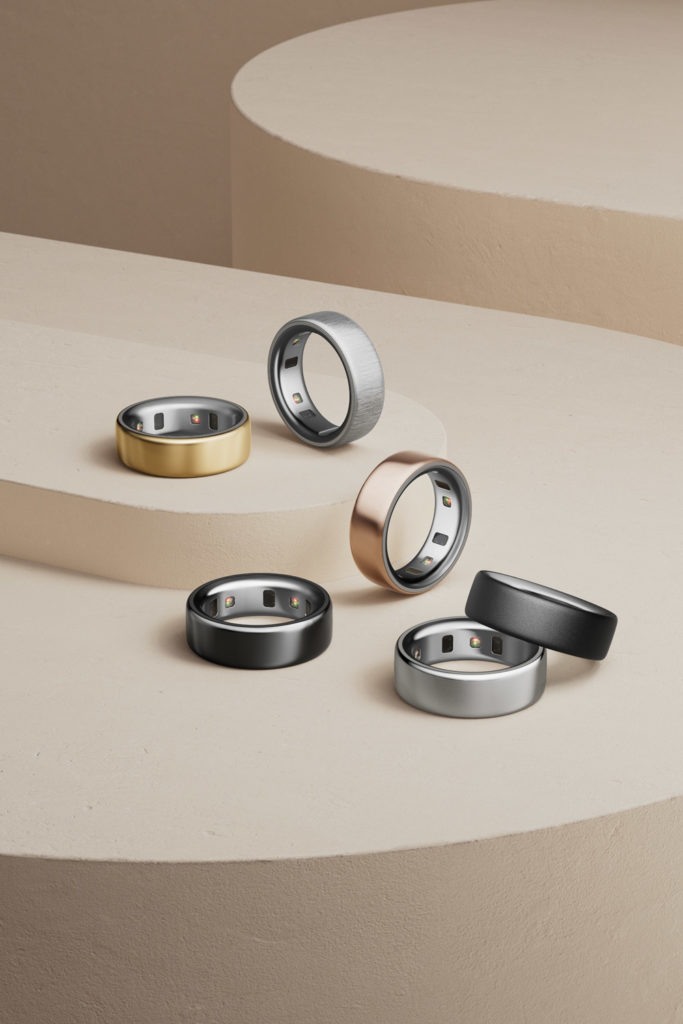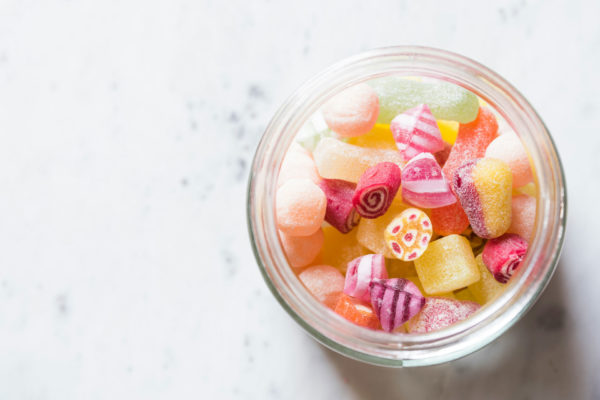Everything You Need To Know About NAD Infusions
By
1 year ago
The potential benefits and the risks of the latest longevity buzzword

Olivia Falcon investigates a wellness hot topic: NAD infusions
What’s The Hype Around NAD+ Therapy?
For me, ageing well involves not only looking good but feeling great too. With this in mind, I headed to the NAD clinic on Wimpole Street for a series of NAD+ Anti-Fatigue IV infusions (£449) that promised to boost my energy and immune system, help me to sleep deeper and promote overall longevity. While I can’t yet speak to the longevity part, I can report I found the infusions uncomfortable (common side effects include flushing, nausea, rapid heart rate, chest tightness, and cramping in the tummy) until the nurse slowed the infusion rate down. Results-wise, I did indeed feel brighter, bouncier and, as witnessed by my Oura ring (that tracks sleep cycles), I slept better for a couple of weeks, too.
What Is NAD+?
NAD+ (nicotinamide adenine dinucleotide) is a form of Vitamin B and has been a hot topic in wellness for a while now. To recap for those who aren’t so familiar: NAD+ is a coenzyme that energises and repairs every cell in the body but like most good things depletes with age. Addiction centres worldwide have used NAD+ IVs to help with issues such as burnout, detox, anxiety, depression and many patients have reported life-changing results. However, strong clinical data to support this is still lacking, so even though NAD+ therapeutic infusions are gaining traction globally, many doctors remain sceptical and caution against the potential risks, which need further investigation.
What Are The Pros and Cons Of NAD+ Infusions?
Although there are medical studies that suggest NAD+ can inhibit certain cancers, there is concern in that as NAD+ kickstarts the mitochondria (the batteries of every cell in the body) and turbocharges cellular energy production it could possibly ‘excite’ some cancer cells, so NAD+ IV therapy is not recommended for people with cancer or a family history of cancer. My top tip, if you are interested in having NAD+ IV therapy, is to consult your doctor and have a thorough assessment at a reputable clinic before proceeding. As well as the excellent staff at the NAD Clinic, I also rate The Hum2n Clinic in Chelsea, which organises comprehensive medical screenings before you proceed.
Another way to boost your NAD+ levels is via oral supplements that don’t illicit concerns as such as NR (nicotinamide riboside) and NMN (nicotinamide mononucleotide). These are NAD+ precursors, which help your body make the coenzyme. I myself will be continuing on my NAD+ journey with Invity Ultimate NMN 12000 (£47 for 60 capsules, uk.myinvity.com) which I hope will keep the brain fog at bay.










